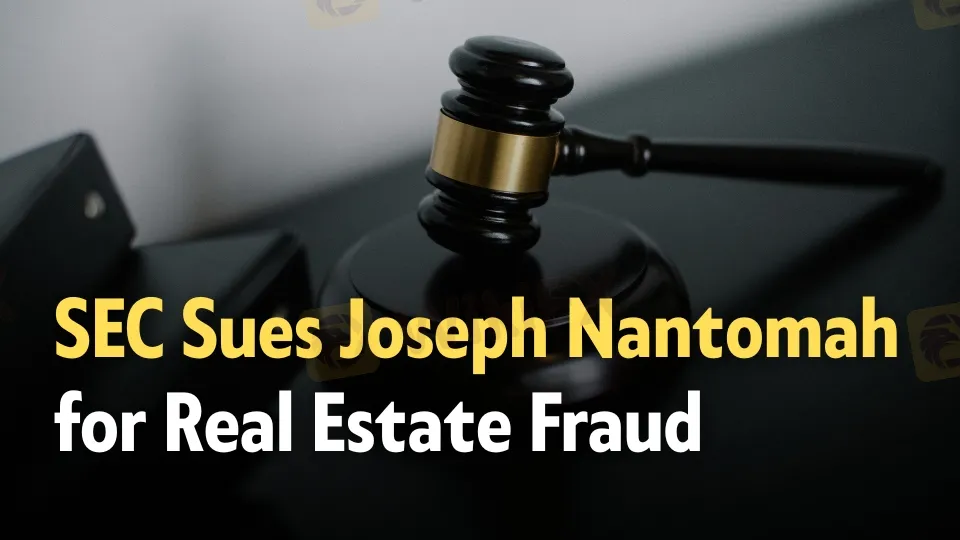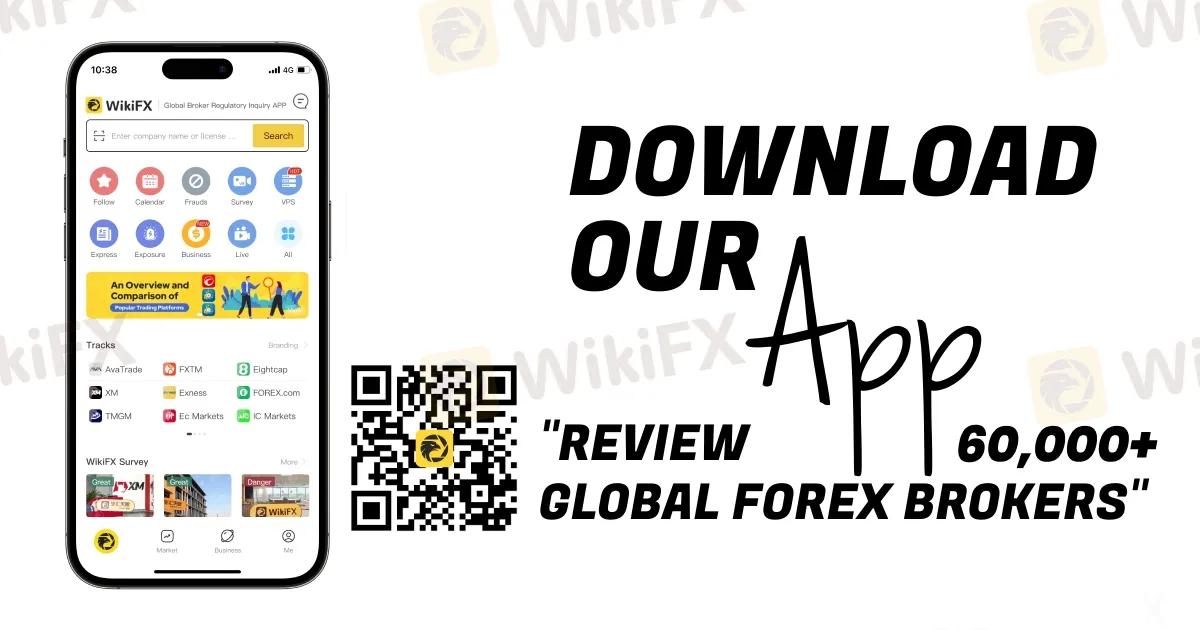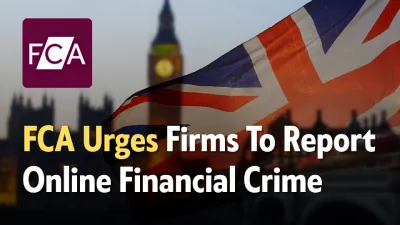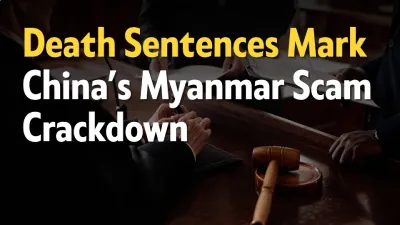SEC Lawsuit Targets Real Estate Fraud Scheme by Joseph Nantomah
Abstract:SEC files lawsuit against Joseph Nantomah and his companies for real estate investment fraud in Wisconsin. Over $1.9M raised from investors in a fraudulent property flip scheme.

A newly unsealed SEC lawsuit real estate fraud case has rocked the Upper Midwests investment community. On 1 August 2025, the Securities and Exchange Commission filed a 39-page complaint in the Eastern District of Wisconsin accusing self-styled millionaire mentor Joseph Nantomah and three companies he controls—Investors Capital LLC, Global Investors Capital LLC, and High Income Performance Partners LLC—of orchestrating a multi-state “fix-and-flip” property racket that raised at least $1.9 million from 30 investors.
How the real estate flip fraud scheme unfolded
According to federal prosecutors, Nantomah, 39, pitched a classic real estate flip fraud scheme from May 2020 through January 2024. He assured clients that their cash would be used to buy distressed homes, renovate them quickly, and resell them at a hefty profit. Slick social-media videos, glowing web copy, and polished seminar decks presented him as a rags-to-riches immigrant who landed in Wisconsin in 2016 with $4,700 and built a “$23 million” property empire in less than a decade.
The pitch resonated, especially within the Nigerian-American diaspora, and money poured in. Written contracts promised annual returns between 10 and 30 percent—sometimes even higher—with principal plus profit due back in as little as three months. For follow-up rounds, many investors relied on verbal assurances alone, persuaded by the coachs booming confidence and a stack of glossy before-and-after photos.
Too little brick, too much bling
Behind the scenes, however, investigators say less than one-fifth of incoming funds ever reached a closing table or a contractor. Bank records cited in the complaint show that more than 80 percent of investor capital was siphoned into Nantomahs personal checking accounts or to related entities with no connection to real estate rehabilitation. The SEC alleges that the money financed jewelry, designer clothing, airfare, luxury hotel stays, and at least two late-model sports cars.
Meanwhile, the bricks-and-mortar empire touted online appears to have been a mirage. Public filings list just 11 properties—together worth roughly $1 million—owned by Nantomah or his companies during the relevant period. Of the ten homes highlighted in marketing materials, seven were never purchased at all, and two slipped into foreclosure soon after acquisition.
Returns that never returned
When promised maturation dates arrived, most investors received neither principal nor the lucrative “ROI” spelled out in their agreements. Emails and text messages included in court exhibits show a pattern of delay tactics: “bank paperwork mix-ups,” “ issues,” and even “unforeseen supply-chain problems” for renovations that, prosecutors now allege, never began.
Frustrated, several backers eventually sued in state court. Yet, according to the federal complaint, Nantomah and his entities continued to raise fresh capital without disclosing the outstanding obligations or mounting litigation—another red flag the SEC says violated antifraud provisions of federal securities law.

Joseph Nantomah SEC charges detail five key violations.
The governments filing outlines five counts: unregistered securities offerings, fraud in the offer or sale of securities, fraud in connection with the purchase or sale of securities, deceptive practices, and the making of untrue statements of material fact. Collectively dubbed the Joseph Nantomah SEC charges, they fall under Sections 5(a), 5(c), and 17(a) of the Securities Act of 1933 and Section 10(b) of the Exchange Act of 1934, along with Rule 10b-5.
What the SEC wants—and why it matters
Regulators are seeking a permanent injunction banning Nantomah from selling securities, disgorgement of ill-gotten gains plus prejudgment interest, and civil penalties calibrated to deter repeat behavior. The agency argues there is “a reasonable likelihood” the defendants will continue to violate securities laws unless stopped.
This matter joins a growing ledger of SEC enforcement actions in 2025 focused on real estate investment promoters who leveraged social-media personas to mask shaky balance sheets. In the first seven months of the year alone, the Commission has announced more than a dozen real estate-centric fraud cases, signaling a renewed emphasis on protecting mom-and-pop investors from glossy but hollow pitches.
A textbook real estate investment scam Wisconsin investors wont forget
While Ponzi-style property ploys are hardly new, the regional angle makes this a headline-grabbing real estate investment scam Wisconsin saga. Small-town investors from Milwaukee to Green Bay say they were drawn in by the promise of revitalizing local neighborhoods and sharing in rapid equity gains. Instead, many now face personal financial strain—college funds drained, retirement accounts tapped, home-equity lines maxed out.
One investor recounted wiring $100,000 after attending a weekend “wealth boot camp” where Nantomah urged attendees to “stop letting banks make money off your fear.” Another, a nurse who immigrated from Lagos a decade ago, says she contributed her entire life savings, believing she was supporting a fellow Nigerian chasing the American dream.
The lure of the overnight mogul
Experts who track white-collar crime note that Nantomahs backstory—underdog immigrant turned self-made millionaire—fits perfectly into an increasingly common social-media trope. The SEC complaint highlights Instagram videos showing luxury SUVs and motivational slogans, while LinkedIn posts touted a portfolio “north of $23 million.” The aspirational narrative, coupled with high-energy seminars, proved magnetic.
“People dont invest in spreadsheets; they invest in stories,” says Dr. Karen Ludlow, a criminologist at the University of Wisconsin. “When the story contains cultural affinity, promises quick returns, and offers access to exclusive deals, the psychological pull can be overwhelming.”
Lessons for would-be investors
Seasoned financial advisers say the Nantomah saga underscores three timeless safeguards:
- Verify that anyone offering passive real estate opportunities is registered with state or federal regulators.
- Demand third-party documentation—closing statements, contractor invoices, property deeds—before wiring funds.
- Be wary of contracts promising double-digit returns inside a year; real estate, even in hot markets, rarely delivers that quickly without commensurate risk.
For immigrant communities in particular, vigilance is paramount. Fraudsters often exploit linguistic or cultural trust to short-circuit due diligence questions.
Whats next in court
The defendants must file an answer or pre-trial motions within 21 days of service. Discovery could stretch into 2026, but the SEC is already pressing for a preliminary injunction to freeze assets. Parallel criminal investigations have not been announced, yet observers note that civil fraud findings often pave the way for wire-fraud indictments.
If the Commission prevails, investors may see partial restitution through disgorgement, though actual recovery will hinge on how much cash—if any—remains after personal spending sprees. For now, court documents suggest a steep climb: many account balances are reportedly near zero.
A cautionary tale with national resonance
The Nantomah complaint reads like a template for bad actors nationwide: enticing webinars, promises of community uplift, vague paperwork, and lavish self-promotion. In an era when the average American follows at least a dozen financial influencers, the case is a timely reminder to verify, not just trust, online personas.
As the docket for SEC enforcement actions 2025 grows, regulators hope high-profile actions like this one will deter the next would-be guru from turning social capital into illicit profit. Until then, the agency urges potential investors to consult its EDGAR database and Investor.gov “Scam Meter” before signing checks—especially for any venture marketed as a fast, fixed, and certain path to riches.
Don't miss out on the latest news and updates in the financial market. Download and install the WikiFX app by scanning the QR code below.

Read more

CONSOB Blocks EurotradeCFD’s Solve Smart, 4X News
CONSOB moves against Solve Smart and 4X News tied to EurotradeCFD, ordering app takedowns and ISP blocks to protect Italian investors.

FCA Urges Firms To Report Online Financial Crime
FCA calls all regulated firms to report unlawful online promotions, tackling financial crime and deepfake scams under new compliance standards.

China’s Myanmar Scam Crackdown Intensifies with Death Sentences
China escalates its crackdown on Myanmar-based scam syndicates with death sentences and mass repatriations amid rising cross-border cyber fraud.

He Clicked, He Transferred, and He Lost RM1.86 Million!
A former sales director in Perak has seen RM1.86 million vanish into an online investment scheme that promised profits but delivered nothing, in what police warn is part of a surge in sophisticated digital fraud sweeping Malaysia. Lured by a polished social media advertisement and reassurances of high returns, the 50-year-old investor only realised he had been duped when his “profits” suddenly became inaccessible. By then, 23 transfers had already drained his savings into accounts controlled by scammers.
WikiFX Broker
Latest News
Behind the Licences: Is Pepperstone Really Safe for Malaysians?
Promised Recession... So Where Is It?
Hirose Halts UK Retail Trading Amid Market Shift
CONSOB Blocks EurotradeCFD’s Solve Smart, 4X News
FINRA Fines United Capital Markets $25,000
Oanda: A Closer Look at Its Licenses
FCA Urges Firms To Report Online Financial Crime
IBKR Jumps on September DARTs, Equity Growth
Service Sector Surveys Show Slowdown In September Despite Rebound In Employment
Rate Calc

